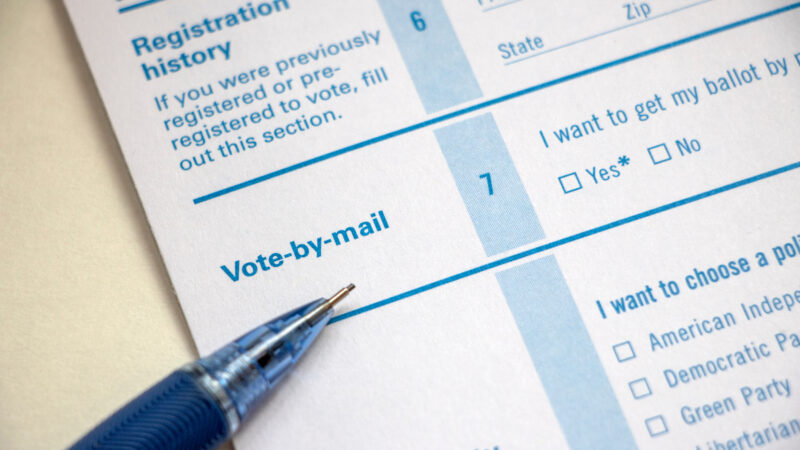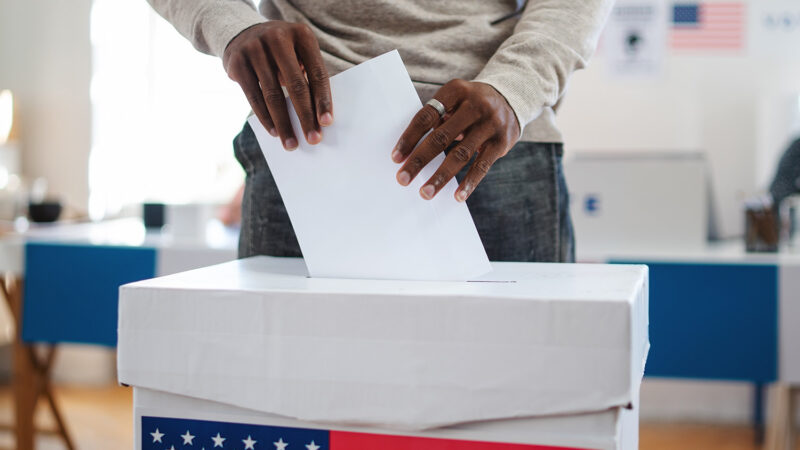Chris Crawford is a policy strategist at Protect Democracy. His work is focused on ensuring free and fair elections and the peaceful transfer of power, including staffing the National Task Force on Election Crises and managing the Faith in Elections Playbook in partnership with Interfaith America.
ECA Update Is Not About the Last Election. It’s About Future Elections.
- July 14, 2022
This op-ed was originally published in Real Clear Politics.
Not everything about elections is a partisan scrum. Even as the 2022 campaigns heat up, a bipartisan group of senators has been at work trying to make sure our democracy is in good working order when it’s time to pick our next president. These senators are working to update the confusing Electoral Count Act of 1887 – an old, vaguely-worded law that governs the casting and counting of electoral votes for president and vice president. While the ECA has received greater attention during the Jan. 6 select committee hearings, framing reform efforts merely as a response to the last election is short-sighted. Fixing the ECA should be about preventing abuses in 2024 and beyond, because the gaps in the current law could provide misunderstandings and mischief. These potential abuses are not likely to be limited to one political party.
Congress should act this year to clarify the role of the vice president as purely ceremonial, to increase the threshold for objections during the joint session of Congress and the acceptable grounds for those objections, and to provide clearer definitions of outdated terms that appear throughout the existing statute. These solutions would not provide an advantage to either political party. In the long term, no one can predict what challenges our vote-counting systems will have to endure. What pressure might face vice presidents decades from now? Which states might try to game their certification processes to overrule their voters? Which members of Congress will lodge baseless objections to the electoral college vote count? No one knows the answer, but it’s hard to imagine that only one party will try to take advantage of the ECA’s gaps.
Read the full op-ed on Real Clear Politics.
Related Content
Join Us.
Building a stronger, more resilient democracy is possible, but we can’t do it alone. Become part of the fight today.
Donate
Sign Up for Updates Sign Up for Updates
Explore Careers Explore Careers
How to Protect Democracy How to Protect Democracy



